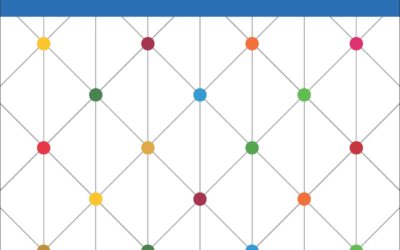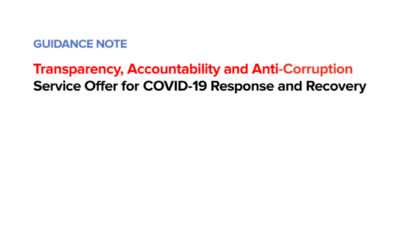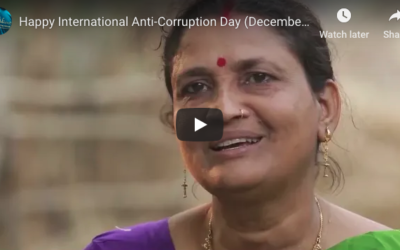By Chloe Yunes, Communication Intern, UNDP Lebanon
UNDP’s Regional Project on “Anti-Corruption and Integrity in the Arab Countries” (ACIAC) deployed its experts to Tunisia in May 2015 to reinvigorate the process of developing the national anti-corruption strategy following the elections that took place in 2014, which yielded the first elected government under the new Constitution.
In the same month, ACIAC also supported the organization of a national workshop in Palestine to enable the formulation of recommendations to enhance the effectiveness of its financial disclosure system with the aim of increasing transparency and fighting illicit enrichment.
The assistance provided to Tunisia was made possible through close collaboration with UNDP Tunisia and key national partners, particularly the National Anti-Corruption Commission in Tunisia.
On 4 May, more than 100 participants attended the event organized for this purpose under the title “towards the adoption of the national anti-corruption strategy in Tunisia”.
Discussions helped to reactivate the process after it had stalled for almost two years due to various political and technical reasons.
Focus was put on how to align the strategy with the provisions of the Constitution and the new institutional landscape.
Participants, however, did not reach a conclusive agreement on the concrete way forward towards this goal. As such, more effort is needed to enable the formulation of a detailed work plan in this regard.
For more information on this event please go to http://www.undp-aciac.org/resources/ac/details.aspx?aid=438
On the other hand, the workshop in Palestine was attended by more than 60 participants representing key institutions from the public and private sectors, civil society and academia.
It was held on 11-12 May and organized by the Palestinian Anti-Corruption Commission (PACC) in partnership with the Arab Anti-Corruption and Integrity Network (ACINET) and with joint support of UNDP and UNODC.
The workshop deepened participants’ understanding of the requirements for effective financial disclosure systems in light of related international and regional standards and comparative experiences, focusing on those from the region and from Eastern Europe and the Balkans.
Through intensive work group discussions key stakeholders were enabled to formulate concrete recommendations to enhance the system in Palestine in line with national needs and priorities.
Those recommendations are expected to be fine-tuned and reflected in proposed amendments to the current law.
For more information on this event please go to http://www.undp-aciac.org/resources/ac/details.aspx?aid=437
By Chloe Yunes, Communication Intern, UNDP Lebanon




